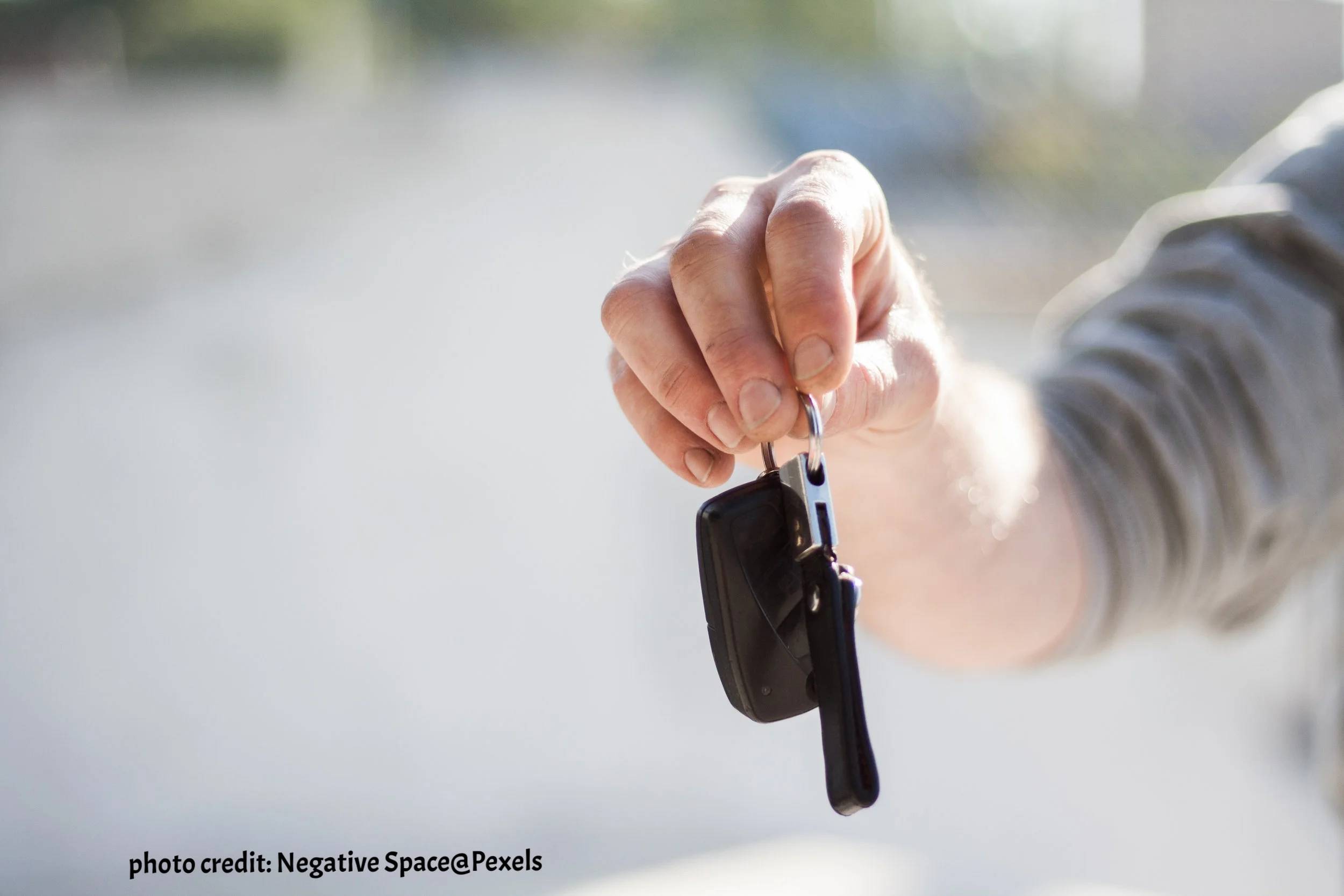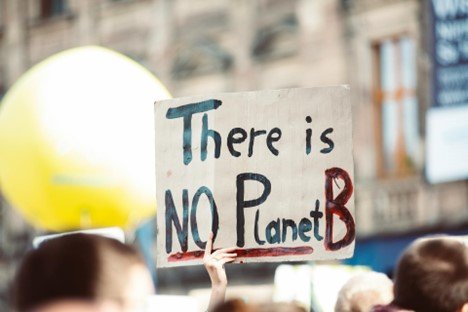guest post by Chris Landry
The amount of paper we use has somewhat forced our hand in terms of recycling. This infographic from Colourfast takes you through the progress we are making and offers insight into how we can progress even further.
There is still some confusion over what we can and can’t recycle, so it’s important that we have clarity in this area. For example, all paper envelopes can be recycled, even the ones with windows – and there is no need to remove staples, paper clips etc. from paper, since modern recycling techniques are designed to do this for us. This is an important point, as people might be turned off from recycling if they think they need to remove all the associated paraphernalia.
While the amount of paper we recycle is encouraging, it’s disappointing to see the lack of progress we are making in other areas like glass, metal, and plastic. Hopefully we can start looking at these areas more closely while continuing to increase the amount of paper that we recycle. Find out more in the infographic.
Read More













































